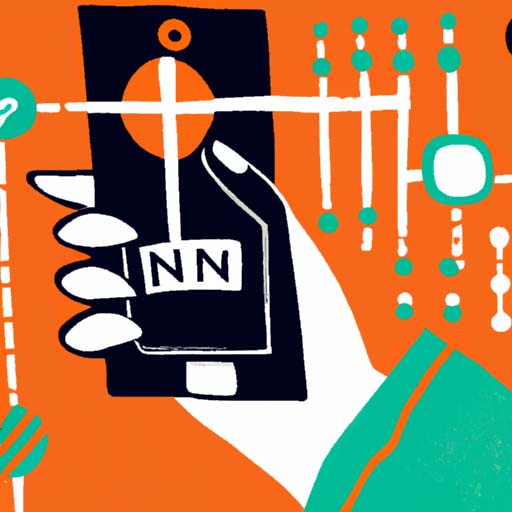TLDR:
- Apple announced its $3,499 “spatial computing” headset, the Vision Pro, at the CES electronics show. The release will test Apple’s ability to set the market and attract venture capital funding.
- Venture capitalists have grown fatigued by virtual reality (VR) hype, with global VC funding to metaverse and VR/AR startups falling from $5.7 billion in 2022 to $1.9 billion in 2023.
- Despite Apple’s foray into VR, Silicon Valley is heavily focused on artificial intelligence (AI), an area where Apple is considered behind.
- Apple will need to attract venture capital funding, similar to its success with the iPhone app store, in order to thrive in the VR space.
- Khosla Ventures made headlines with the return of former Founders Fund general partner Keith Rabois. The VC firm has had success with early investments in OpenAI, Impossible Foods, and GitLab.
- AngelList data shows a decline in startup formation, down 40% since 2021, potentially due to inflation increasing operational costs and reduced funding availability.
Apple’s Virtual Reality Headset Arrives Amid CES Buzz…Khosla Ventures in the Spotlight…Fewer Startups Landing Seed Funding
TLDR: Apple announced its $3,499 “spatial computing” headset, the Vision Pro, at the CES electronics show. The release will test Apple’s ability to set the market and attract venture capital funding. Venture capitalists have grown fatigued by virtual reality (VR) hype, with global VC funding to metaverse and VR/AR startups falling from $5.7 billion in 2022 to $1.9 billion in 2023. Despite Apple’s foray into VR, Silicon Valley is heavily focused on artificial intelligence (AI), an area where Apple is considered behind. Apple will need to attract venture capital funding, similar to its success with the iPhone app store, in order to thrive in the VR space. Khosla Ventures made headlines with the return of former Founders Fund general partner Keith Rabois. The VC firm has had success with early investments in OpenAI, Impossible Foods, and GitLab. AngelList data shows a decline in startup formation, down 40% since 2021, potentially due to inflation increasing operational costs and reduced funding availability.






